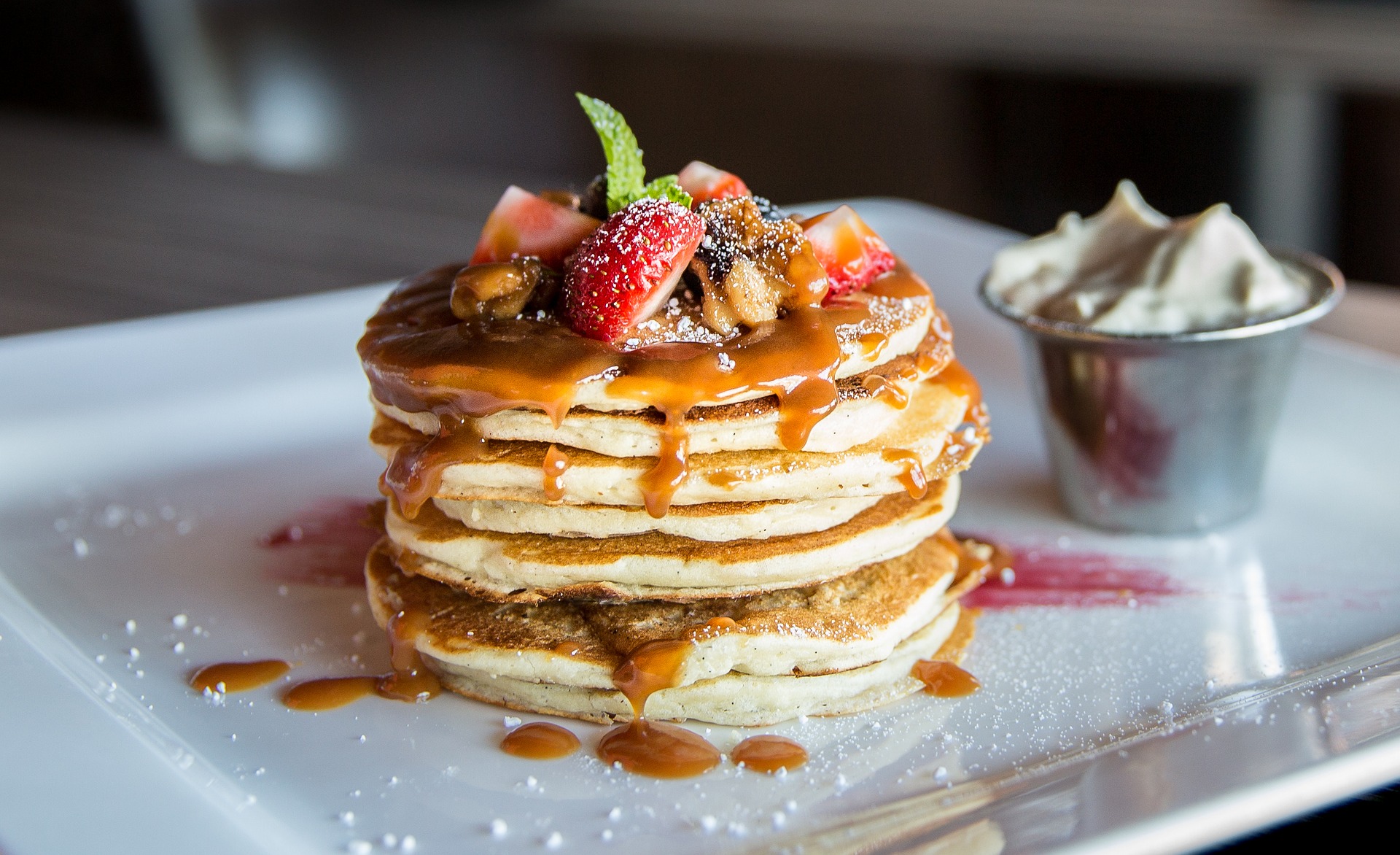
Picture this.
It’s a beautiful Saturday morning and your schedule is totally free. As a result, you’ve made plans to do exactly what any of us in a similar situation would do, eat pancakes! You travel to the finest breakfast establishment in your area, order a full stack of pancakes, and pig out. Once you’ve finished, you pay the $6 bill for the meal and head home with a smile on your face. Money well spent…or was it?
I have a confession. Although pancakes will be featured, they aren’t actually the focus of this post. I know you’re disappointed, but if you continue reading I think the knowledge you gain might make up for your initial displeasure. This information might also allow you to buy many more pancake platters in the future.
While it’s true that the higher your saving rate, the faster you will reach financial independence, I am not an advocate of pinching every penny. I believe that you should be able to enjoy life and spend responsibly, even as you work toward financial independence and early retirement. With that being said, you should understand what spending money really costs before you make the decision to do it.
Money Well Spent?
Let’s say you work 40 hours a week to bring in a salary of $50,000. Assuming a total income tax rate of 25%, every dollar you earn actually only provides you with $0.75 in value (i.e. $1 - ($1 x 25%) = $0.75). In essence, this means that each week, only 75% of the hours you work (i.e. 30 hours per week) are for your own profit. The other 25% of the time, you’re working to pay the government. That’s 10 hours every week, more than a full day of work, that goes directly to someone else’s pockets. So when you decide to spend $6 on pancakes, it actually costs you $8 worth of your earnings (i.e. $8 - 25% = $6). This math applies to everything you choose to spend your money on.
In order to buy a $30 pair of jeans, you’d first need to earn $40. That $15 you used to top off your gas tank really cost you $20 in earnings. For a $1,500 television, you’re actually spending $2,000. The point is, when you spend money, the number on the price tag is not the true cost. You’ve got to earn significantly more than what the price tag says in order to have enough to purchase an item. This is why spending what you earn is the least efficient way to use your money. Luckily, there are ways to get more bang for your buck.
Increase Your Pancake Buying Power
Instead of buying pancakes, what if you invested the $6? You would miss out on breakfast that day, but what would that investment do for your future wealth? Assuming an 8% rate of return, after nine years of compounding growth, the value of your investment would have grown to about $12. You’d have doubled your money with almost no effort. This may not seem like much but remember, this is just a small example. This concept can be applied over any time period and to any amount of money. Every dollar you save has the potential to become multiple dollars in the future. Conversely, every dollar you spend costs your future self a portion of your potential wealth. When you spend $6 today, you are choosing to forgo $12 nine years from now (or $19 fifteen years from now, or $28 twenty years from now, or $60 thirty years from now, etc.).
Clearly, investing your money delivers more value than spending it, especially over the long term, but even with this method, the initial amount you have available to invest is reduced by income taxes. You still have to earn $8 to invest $6. Or do you..?
An Even Better Option
How do you get the growth of an investment account while avoiding the impact of income taxes? Simple, invest in pre-tax retirement accounts. Not only do these accounts allow you to defer paying taxes on the money you invest, they also allow you to immediately reduce your overall effective tax rate. This means you’ll have an even larger amount to spend or invest as you see fit. The majority of employers who offer 401k accounts (the best investment account out there) will even match your contributions up to a certain level. That’s free money! When you take advantage of all these factors, a huge amount of additional value is created.
How Much Value?
Assumptions
Income Tax Rate = 25%
Earnings = $8
Investment Rate Of Return = 8%
Employer Match = 50%
Investment Periods = 5, 10, 20, and 30 years
Eat Pancakes
Cash Available = $8 – ($8 x 25%) = $6
Cost Of Pancakes = $6
Your stomach is full and you’ve got a smile on your face! Unfortunately, your $8 in earnings has been spent and is gone forever.
Result = $0 + Full Stomach + Smile On Face
Taxable Investment Account
Cash Available = $8 – ($8 x 25%) = $6
After income taxes, you’ve got $6 to invest. With an 8% rate of return, you get the following results.
5 Year Result = $9
10 Year Result = $13
20 Year Result = $28
30 Year Result = $60
Pre-Tax Without Employer Match
Cash Available = $8
Since this is a pre-tax investment account, all taxes are deferred until retirement. As a result, you’ve got $8 to invest.
5 Year Result = $12
10 Year Result = $17
20 Year Result = $37
30 Year Result = $81
Pre-Tax With Employer Match
Cash Available = $8
Employer Match = $4
Since this is a pre-tax investment account, all taxes are deferred until retirement. In addition, your employer gives a 50% match on contributions. As a result, your initial investment is $12!
5 Year Result = $18
10 Year Result = $26
20 Year Result = $56
30 Year Result = $121
Summary
Years Eat Pancakes Taxable Investment Account Pre-Tax Investment Account No Match Pre-Tax Investment Account With Match
0 $6 $6 $8 $12
5 $0 $9 $12 $18
10 $0 $13 $17 $26
20 $0 $28 $37 $56
30 $0 $60 $81 $121
Depending on the path you choose to take, your $6 pancake breakfast could potentially create as much as $121 in value or as little as a $6 smile and a full stomach. That’s a 20x difference in value. If we apply that multiple to larger numbers (e.g. saving $10,000 today could result in $200,000 in the future) I think you can see how the money you spend today can cost you a great deal in the future.
Note: I know some will bring up the fact that taxes are only deferred and not eliminated when you invest in a pre-tax retirement account and capital gains taxes are usually owed when you invest in a taxable account. This is absolutely true, and depending on the circumstances, you may be required to pay taxes when you withdraw your funds. This does not come anywhere close to negating the considerable amount of additional value that is created by investing instead of spending, however. In addition, it is very possible to retire and pay little to no taxes on any of your investments if you’ve done the proper planning.
Final Thoughts
I’m all for buying the things you want as long as the purchases are made responsibly. What good is earning money if you never spend any of it? With that being said, make sure you consider the full impact of your spending decisions. Choosing whether to spend or save one dollar today could greatly affect your wealth in the future. So the next time you decide to have some pancakes for breakfast, remember, the price tag doesn’t always give the complete story, they may cost you more than you think…
Tools To Get You Started
Get a head start on your journey toward achieving financial independence by analyzing and tracking your income, expenses, investment performance, and overall net worth with the free online wealth management tool Personal Capital.
We use Personal Capital regularly to analyze our investment fees, track our investments, and project our net worth. We also periodically review our progress toward retirement with their retirement planning calculator.
If you’d rather do things on your own, become a subscriber today and you’ll receive our Free Financial Planning Dashboard. This tool allows you to enter your income and expenses to create a detailed budget. You can use it to track your spending habits over time or just to get an idea of where your money is going each month. Take a look at the automatically generated charts and you may discover you have a little more cash to invest than you thought.
If you’re interested in detailed instructions on how to budget, save, pay off debt, and invest, check out The 6 Phases of Building Wealth. This book provides step-by-step instructions for working through each “Phase” in the process of achieving Financial Freedom. If you're just starting out, the information in this book will provide you with an invaluable resource. You can pick up the digital version for only $2.99 on Amazon.
Disclosure: Some of the links found on this website may be affiliate links. Affiliate links pay GGD a small commission when you click through and/or make a purchase. This is at zero additional cost to you.
Full Disclaimer/Disclosure
Related Posts
-
Your Taxes May Be Lower Than You Think
Why Taxes? I recently had a discussion (debate) with a friend of mine comparing the benefits of pre-tax investments to those of Roth investments. I argued that, while there are many cases where Roth investing…
-
Pre-Tax Investments (Not Roth) Are The Best Choice For Building Wealth
(Though it’s not required, it may be helpful to read my previous post about progressive taxes, before diving into this post.) The Classic Comparison The classic pre-tax (e.g. Traditional IRAs and 401(k)s) vs. Roth comparison…
-
Instantly Increase Your Investment Returns With Tax-Loss Harvesting
What if I told you there was a way to instantly increase your investment returns with just a few minutes of work per year? What if I also told you that, not only is this…

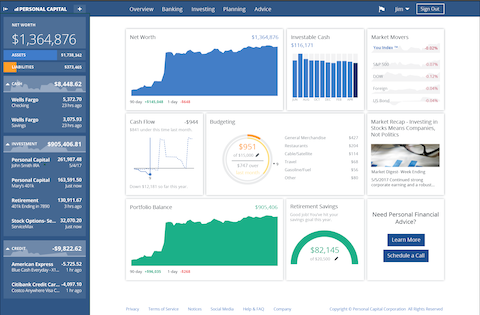
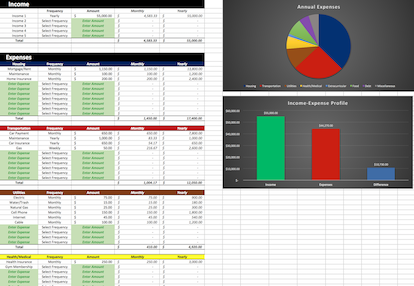
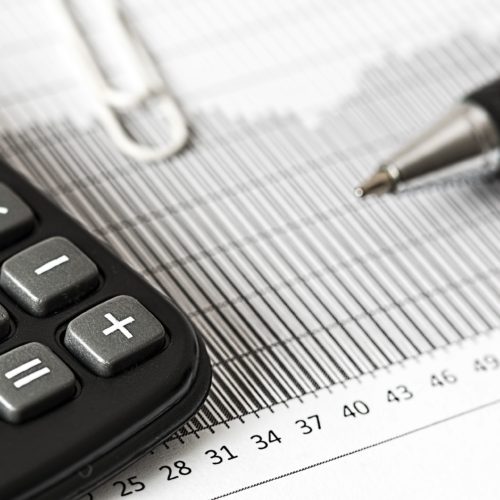

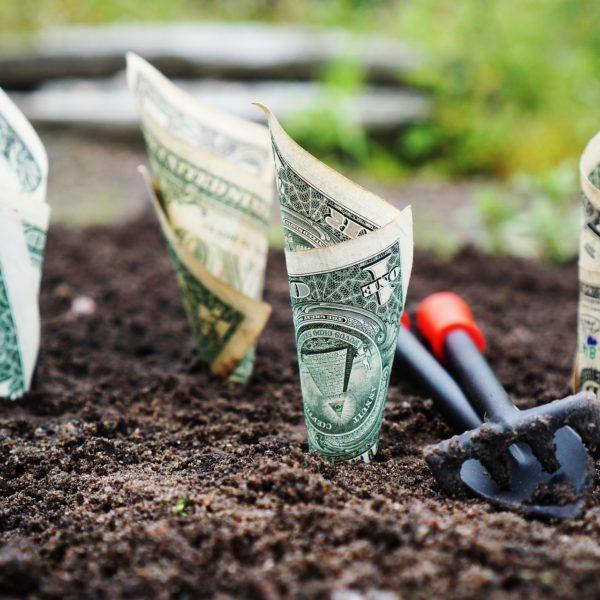

[…] Pancakes Cost More Than You Think (Pancakes) — It’s the age old question…To pancake or not to pancake? On the surface, this may seem like a simple decision, however pancakes (and other relatively small purchases) may be costing you much more than you realize. […]
[…] Pancakes Cost More Than You Think (Pancakes) — It’s the age old question…To pancake or not to pancake? On the surface, this may seem like a simple decision, however pancakes (and other relatively small purchases) may be costing you much more than you realize. […]
[…] Pancakes Cost More Than You Think (Pancakes) — It’s the age old question…To pancake or not to pancake? On the surface, this may seem like a simple decision, however pancakes (and other relatively small purchases) may be costing you much more than you realize. […]
[…] Pancakes Cost More Than You Think (Pancakes) — It’s the age old question…To pancake or not to pancake? On the surface, this may seem like a simple decision, however pancakes (and other relatively small purchases) may be costing you much more than you realize. […]
[…] Pancakes Cost More Than You Think (Pancakes) — It’s the age old question…To pancake or not to pancake? On the surface, this may seem like a simple decision, however pancakes (and other relatively small purchases) may be costing you much more than you realize. […]
[…] Pancakes Cost More Than You Think (Pancakes) — It’s the age old question…To pancake or not to pancake? On the surface, this may seem like a simple decision, however pancakes (and other relatively small purchases) may be costing you much more than you realize. […]
Post 2008, the suggestion that you’d earn an 8% rate of return on your investments is laughable. Benjamin Franklin wrote this better and worse over two hundred years ago. Max Weber critiqued that over 100 years ago.